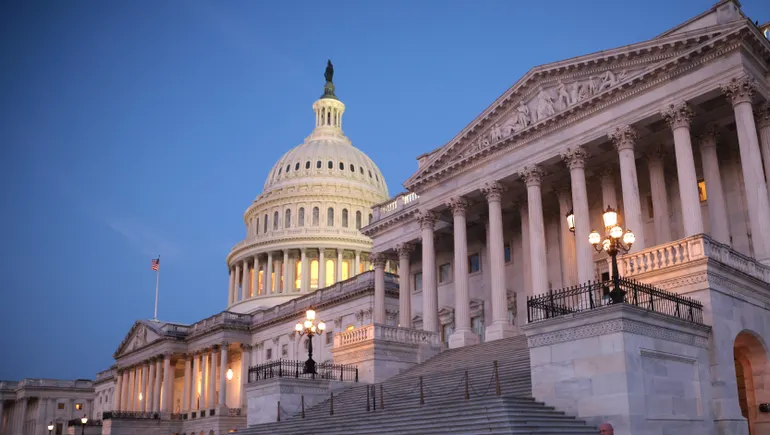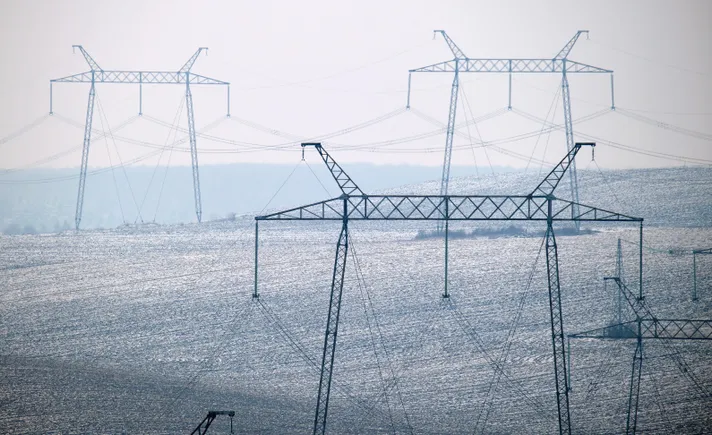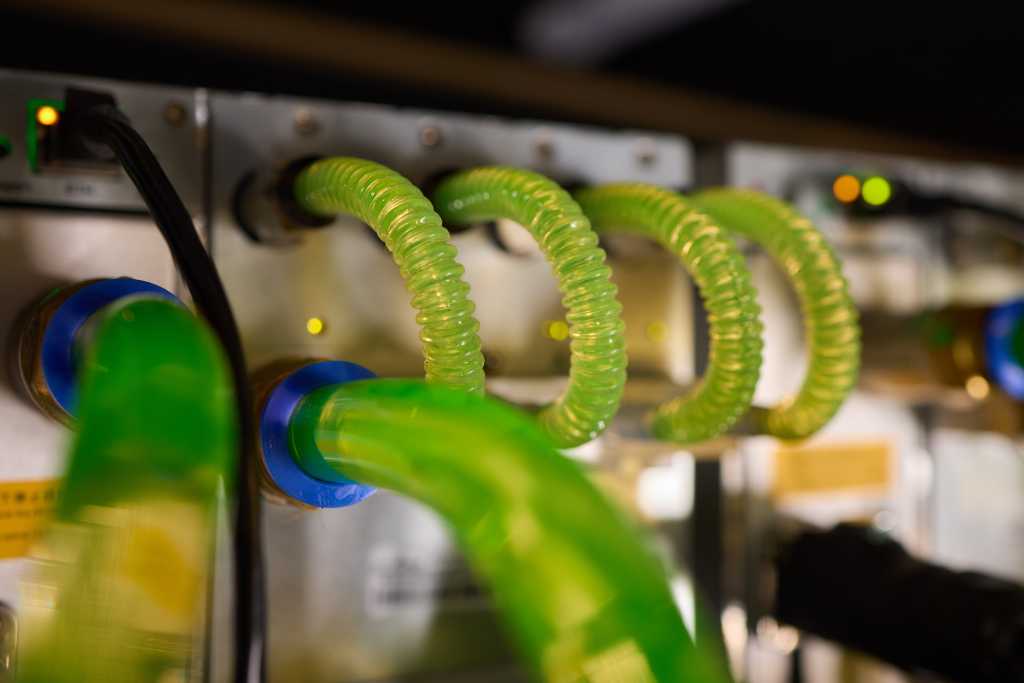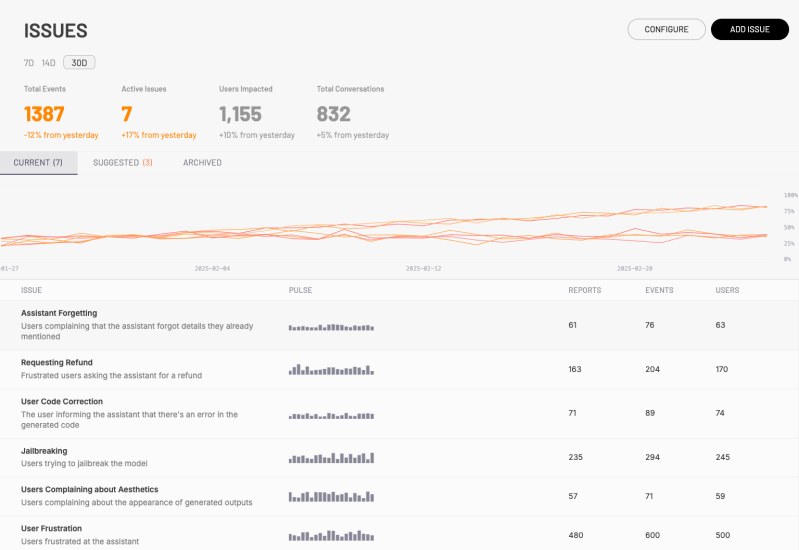
Republican holdouts on the House Budget Committee allowed their party’s massive budget bill to advance Sunday night after negotiating deeper cuts to the Inflation Reduction Act, but they continue to call for even more cuts to clean energy incentives.
The bill had been blocked from passing Friday night by Reps. Chip Roy, R-Texas; Ralph Norman, R-S.C.; Andrew Clyde, R-Ga.; and Josh Brecheen, R-Okla. Rep. Lloyd Smucker, R-Pa., also voted no; he said on X that he “fully support[s] the One Big Beautiful Bill” and his vote was “a procedural requirement to preserve the committee’s opportunity to reconsider the motion to advance OBBB.”
Brecheen said in a Friday X post that he felt the House “cannot allow wind and solar tax credits, in current form, to continue in the ‘One Big Beautiful Bill.’ As it is currently written, Green New Scam subsidy phaseouts are delayed until 2029 — with some of these subsidies lasting until 2041!”
After a weekend of negotiation, Republican lawmakers struck a deal for the bill to make deeper cuts to items including the IRA’s clean energy incentives, resulting in the legislation passing out of committee 17-16 late Sunday night.
However, Roy said in a Sunday post on X that while the new bill “reduces the availability of future subsidies under the green new scam,” it “does not yet meet the moment — leaving almost half of the green new scam subsidies continuing.”
The new shape of the bill is not fully known, but the legislation was advanced to the House Rules Committee, which will take it up early Wednesday morning.
Breechen said after the Friday vote that he was grateful to President Trump “for leading the charge to end these Green New Scam giveaways” and thanked Speaker of the House Mike Johnson, R-La., Majority Leader Steve Scalise, R-La., and House Budget Committee Chairman Jodey Arrington, R-Texas, “for working with us to fix these issues.”
Even before the additional cuts, the legislation’s changes to the IRA were set to have “far-reaching implications across the clean energy sector,” according to a Thursday release from Wood Mackenzie.
“The bill proposes a phased reduction of the investment tax credit (ITC) and production tax credit (PTC) for solar, wind, and storage projects,” Wood Mackenzie said. “The credits would remain at full value for projects in service by 2028, then decrease to 80% in 2029, 60% in 2030, 40% in 2031 and 0% in 2032.”
The troubled wind energy industry would be particularly affected, the analytics firm said.
“We project a slight increase in wind installations, driven by the rush to qualify for the PTC, similar to the trend observed from 2020 to 2022, where installations averaged 14 GW annually,” said Diego Espinosa, a senior research analyst at Wood Mackenzie.
“However, the shift in terminology from ‘start of construction’ to ‘placed in service’ is expected to tighten project pipelines, thereby increasing financial risk and uncertainty,” he added.
Restrictions on IRA credits, plus China tariff uncertainty, could hit the U.S. energy storage industry with a “one-two punch,” the report said. “Storage developers will face hard in-service deadlines in an industry prone to delays, higher costs, and increased risk for lenders.”
The Clean Energy Buyers Association also warned in a recent report that repealing clean energy tax credits would raise the cost of energy for consumers and industry across 19 states from 2026 to 2032 by increasing reliance on natural gas generation sources that have constrained availability.


















